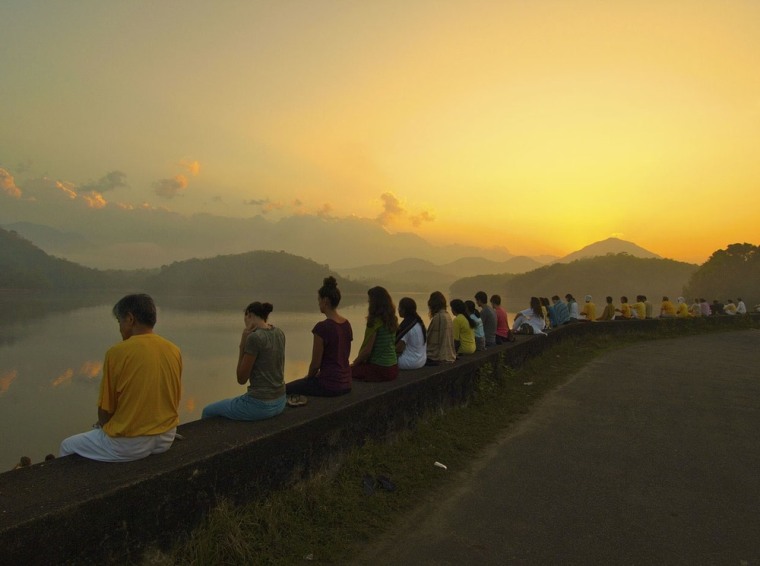In the summer of 2010, Sarah Bailey, 27, was up for a big promotion at a TV network. There was just one problem. “I didn’t want the job,” she says. “I was craving adventure.” She gave notice and spent the next six months in Europe, teaching English, volunteering on organic farms, and rock climbing. “I can’t remember when I’ve felt happier,” she says.
Not long ago, leaving a solid, stable career to go traveling might have seemed rash — or worse, evidence that you couldn’t hack it in the “real world.” But that mind-set is rapidly changing, thanks to a recession that’s left many feeling burnt out (and skeptical about their job security), as well as the influence of real people who’ve ditched the daily grind to embark on a life-changing adventure.
“The popularity of ‘Eat, Pray, Love’ and the tremendous proliferation of travel blogs shows that we’re fascinated by the idea of escaping our everyday lives to take a journey of self-discovery,” says Tara Russell, a life sabbatical and long-term travel coach based in San Francisco. “While Brits, Europeans, and Australians have established breaks built into their careers, Americans only just now are starting a national conversation about the legitimate need for time away — and how we can get more of it.”
One way, as it turns out, is simply to ask. Employers across a broad range of industries, from media to marketing and medicine, are granting—and even encouraging—sabbaticals. “ These are breaks of anywhere from four weeks to six months which are used to volunteer or pursue educational or personal growth,” says Russell. This year, corporate giant IKEA even ran a lifestyle sabbatical contest, which will grant one winner the opportunity (and the funds) to take a year off to help improve the lives of others.
So what’s your dream? To perfect your coq au vin at a French cooking school or become fluent in Spanish in South America? Would you want to summit Mount Kilimanjaro or volunteer to protect a Central American jungle?
“Immerse yourself in something you’d never the time to do — or the access to — at home,” says Russell. “Go right up to the edge of your comfort zone; try something that almost seems daring or even a little scary.”
For Bailey, the idea of staying home now seems far more daunting than any of the challenges she might have faced on the road. But would she make the same decision to leave again?
“Absolutely,” she says. “There were random moments when I’d be at the top of a mountain and think, ‘Wow, if I was still in New York, I’d be staring at my computer right now.’”
